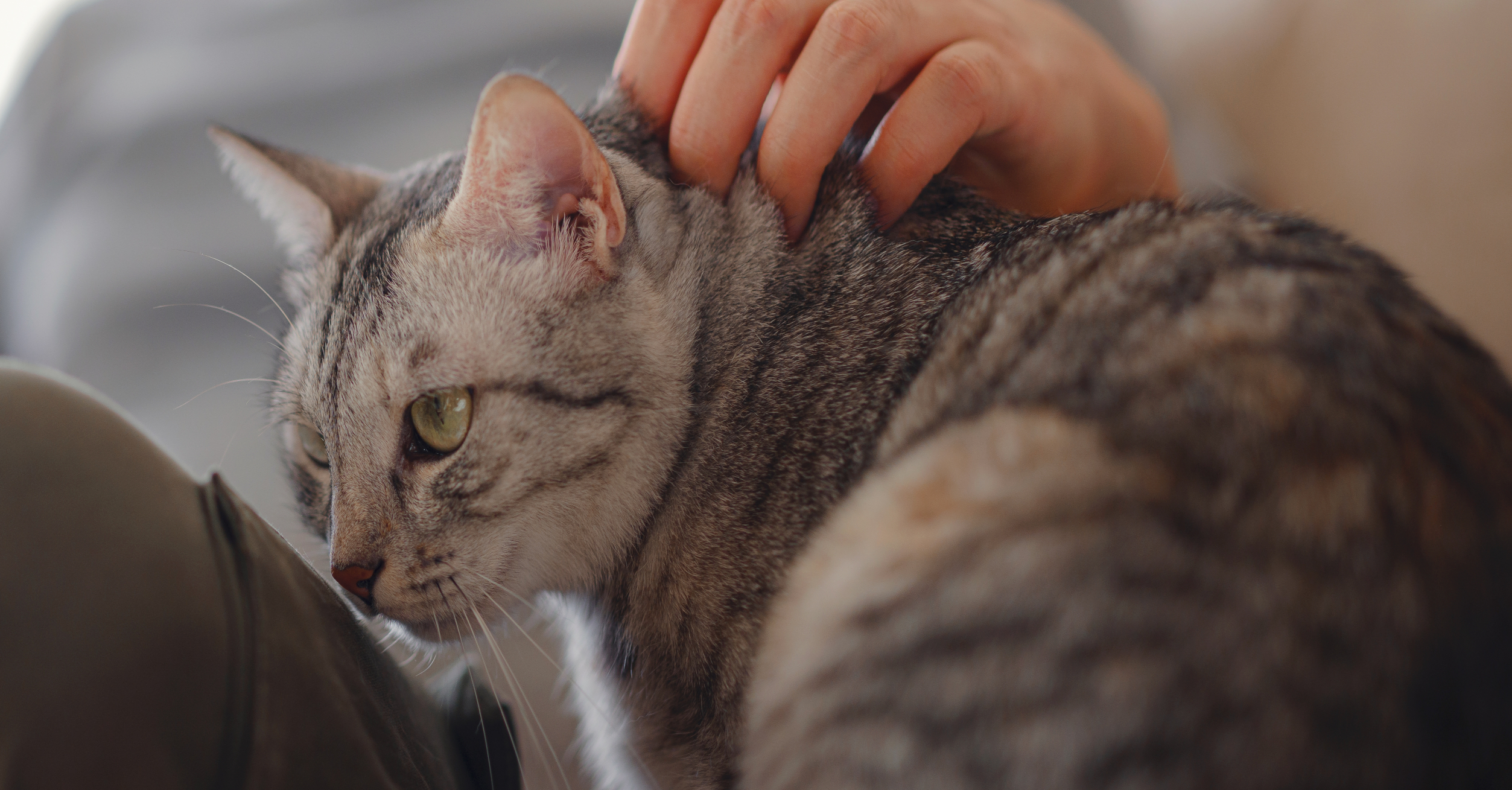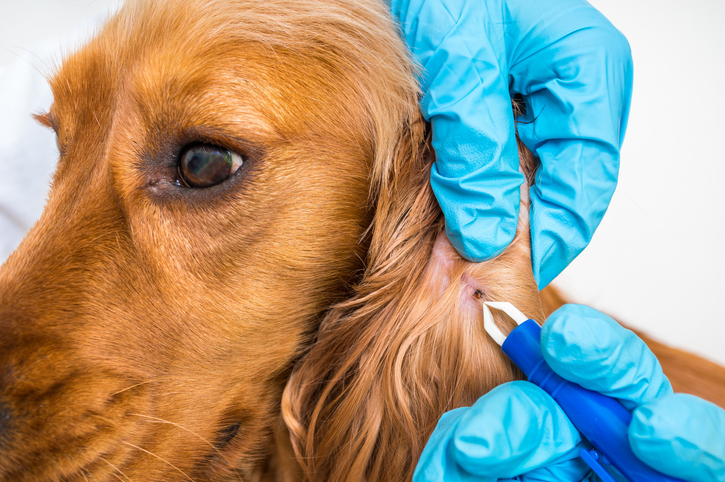When you think about having a pet at home, there’s likely a lot that comes to mind. The good times of long walks, play sessions, or cuddles on the couch. But one aspect that many people don’t think of at first is also one of the most essential: vet appointments.
Vet appointments might not be the most fun part of owning a pet, but they’re one of the most important when it comes to ensuring their health and safety.
Your vet is there for you and your pet, helping in several scenarios. These can include:
- Regular check-ups for your pet, ensuring they’re healthy and happy
- Screening for certain health issues, such as dental disease
- Being a resource if you notice unusual symptoms
- Diagnosing and treating injuries
- Providing recommendations for food and other health products
However, it’s also important to acknowledge that vet appointments are one of the most expensive parts of owning a pet. Depending on your cat, dog, or rabbit’s unique health needs and issues, you may find yourself needing to have them seen often, which can become a large expense over time.
Vet appointments are a major factor in any pet owner’s budget, and it’s best to ensure your pets get the care they need without you having to break the bank. So here are some tips to help you budget for future vet appointments.
Tip 1: Try to make it a New Year’s Resolution to set money aside for your pet
With 2023 just around the corner, this is a great time to rethink your spending and saving and start budgeting for vet expenses in the future. Depending on your pet’s specific needs, you might see the vet just once per year, or perhaps more. Factor these (plus money for a couple of unexpected visits, just in case) into your budget for the new year to ensure you’re prepared for anything.
By starting in January, you’ll have more time to set a bit of money aside each month, ensuring you’re prepared to pay for that next vet appointment.
Tip 2: There’s no better time to start budgeting than now
Even if you’re reading this post now and it’s way past January, there really is no better time to start a budget than right here and right now.
It’s easy to forget about New Year’s resolutions because they’re more like temporary goals. In contrast, by starting a budget now and not waiting, it can become a lifetime habit that can save you much-needed money going forward. Whether you stick to your resolution or you’re just remembering now that this is a goal of yours, it’s always good to have such a reminder.
Tip 3: Invest in preventive care
Remember: an ounce of prevention is worth a pound of cure. While vets like us will always strive to treat your pet and provide them with a healthy prognosis, there’s simply no replacement for proactive, preventative care.
This can look very different depending on your pet and their health situation. Perhaps prevention means switching foods to promote good health in your cat. Maybe it means keeping up with topical flea treatments for your dog. Or maybe it simply means keeping your rabbit’s enclosure free of hazards like power cords.
Whatever the case, the more time and effort you spend on proactive care, the less money you’ll likely need to spend at your veterinarian’s clinic.
Tip 4: Set your check-up appointments well in advance
Knowing when your next vet appointment is coming up can go a long way in helping you prepare financially. If you’re reminded just a week beforehand, you might find yourself scrambling to ensure you have the money you need to cover it.
However, with digital calendars, it’s now simple to get reminders well before the day of your appointment. This gives you time to fit the appointment into your schedule, prepare your finances, and prevent the anxious feeling of an unexpected cost cropping up out of the blue.
You can also sometimes ask the staff at your veterinary clinic for reminders before your appointment, ensuring you make it on time and have the funds prepared to pay.
Tip 5: Build up your pet’s emergency fund
Lastly, one of the most important things you can do for your pet is to build an emergency fund for them. As with any other member of the family, sometimes life just happens with animals. And when the unexpected occurs to your beloved pet, you don’t want to be left wondering how you’re going to pay for the vet bills.
Here are some examples of when an emergency fund can come in handy for your pet:
- Internal blockages or symptoms from eating something not meant for pets
- Broken bones or teeth
- Severe cuts or injuries from other animals
- Serious, unexplained symptoms like seizures, severe vomiting, or diarrhea
- Inability to pass stool
- Severe fatigue or unconsciousness
- Refusal to eat or drink for more than 24 hours
These are all cases where you shouldn’t delay taking your pet to the veterinarian, and cases where an emergency fund can be worth its weight.
Though it can be tough to put money away, even a little bit with each paycheque can go a long way in preparing you. It’s best to avoid using this money for standard vet appointments, as you’ll want the money available should a serious situation or emergency come up.
We understand that the financial side of pet care can be a strain for some. While there’s no denying that veterinary services can get expensive, it’s important to remember that this is simply the cost of keeping your beloved pet safe and healthy.
As veterinarians and pet owners both, we’re here to support you as much as possible with the financial responsibilities of having a pet. From setting appointments far in advance (and ensuring you’re reminded ahead of time), to putting special emphasis on proactive care, we do everything possible to support pet owners.
Creative Commons Attribution: Permission is granted to repost this article in its entirety with credit to Hastings Veterinary Hospital and a clickable link back to this page.






